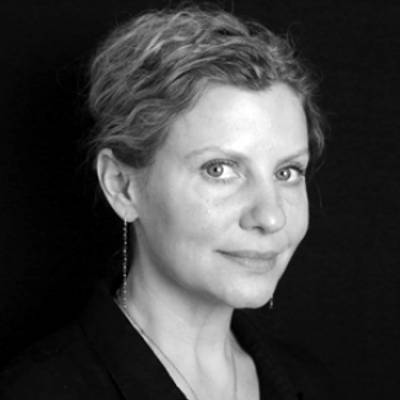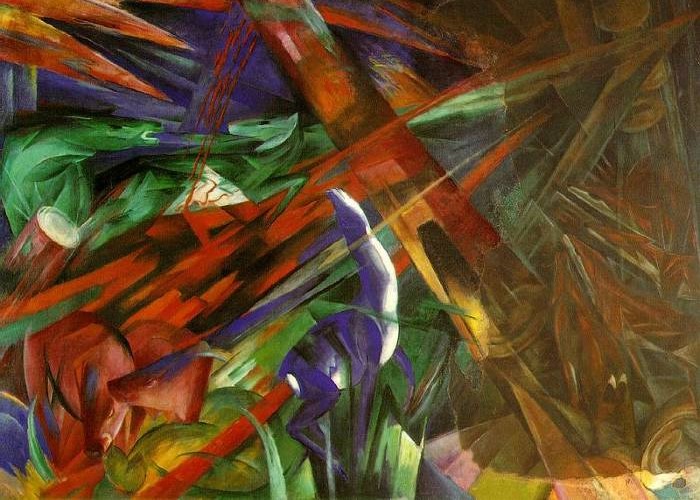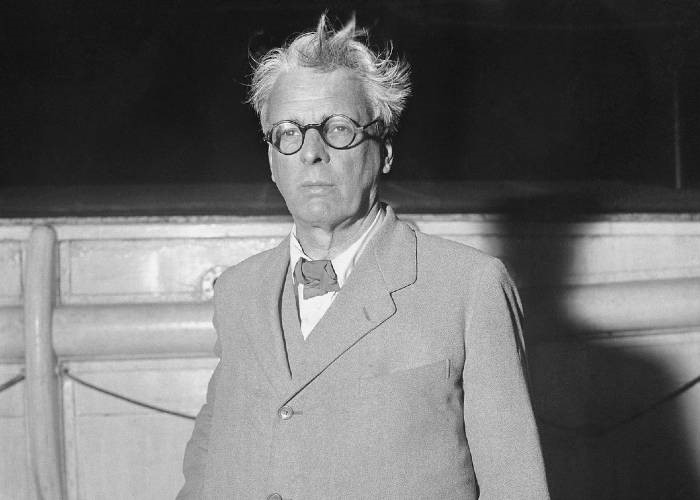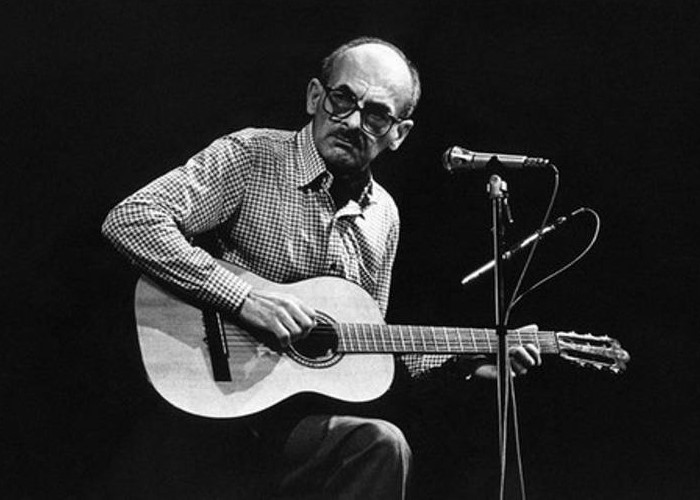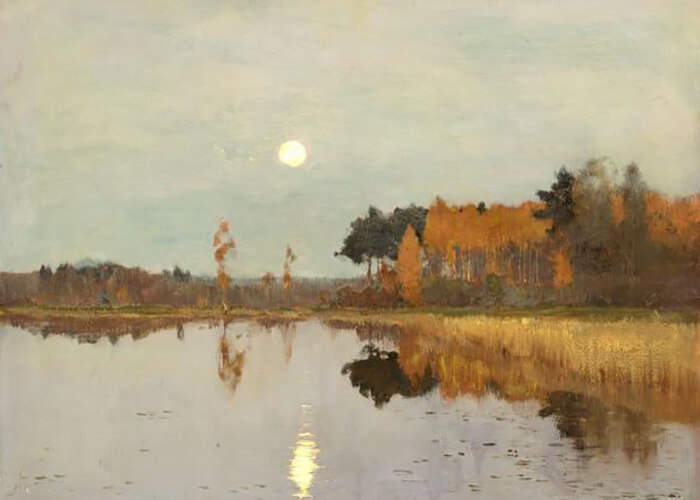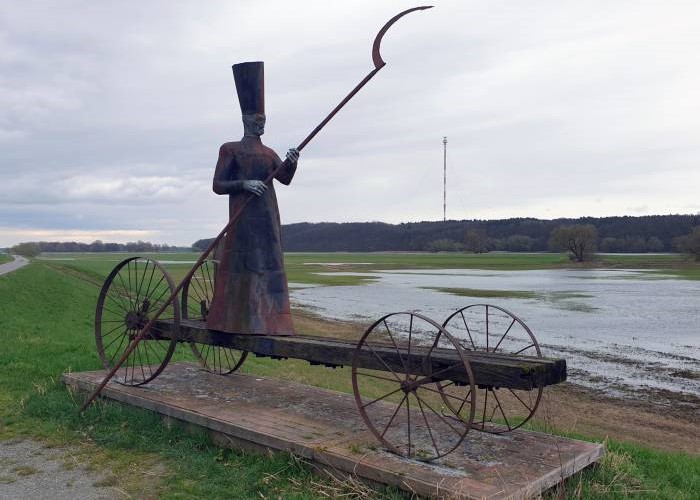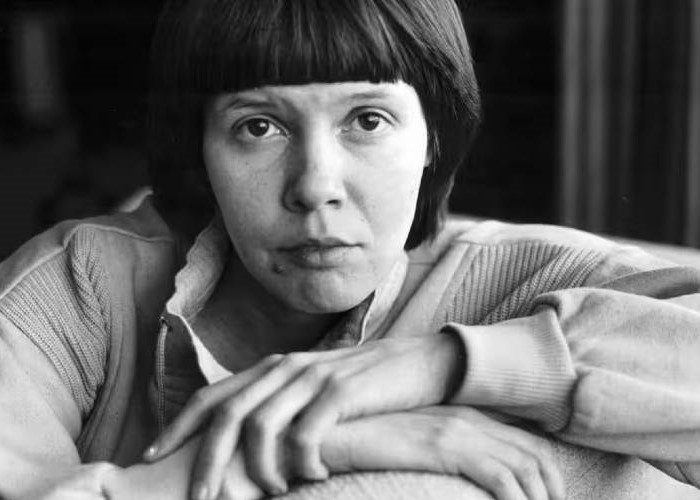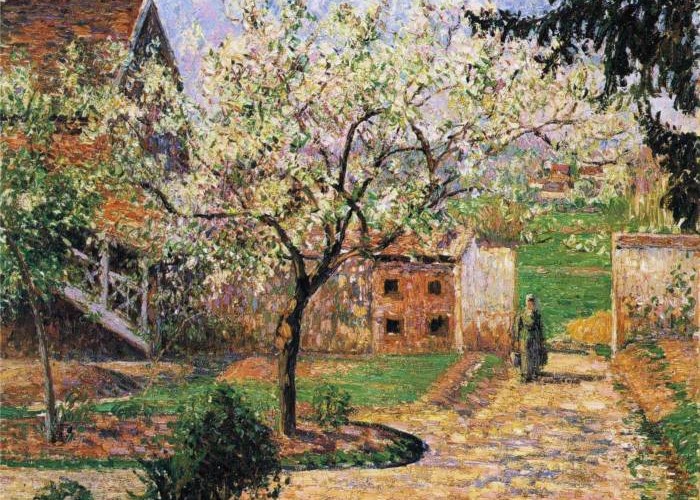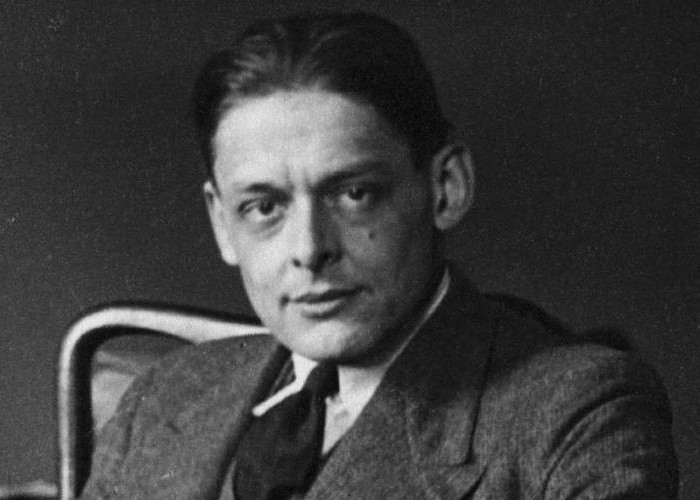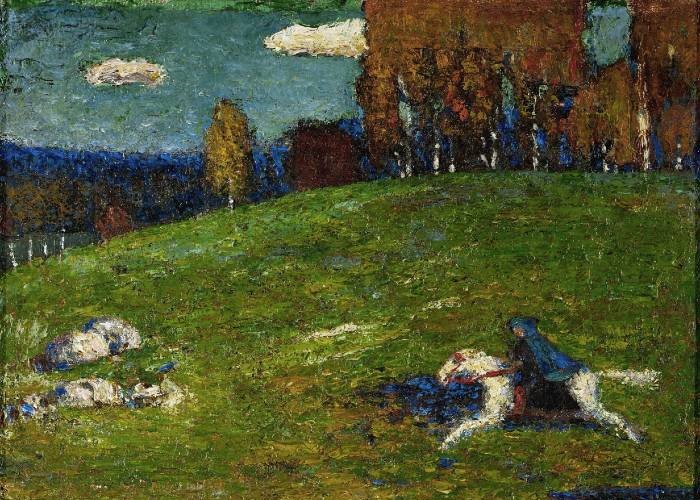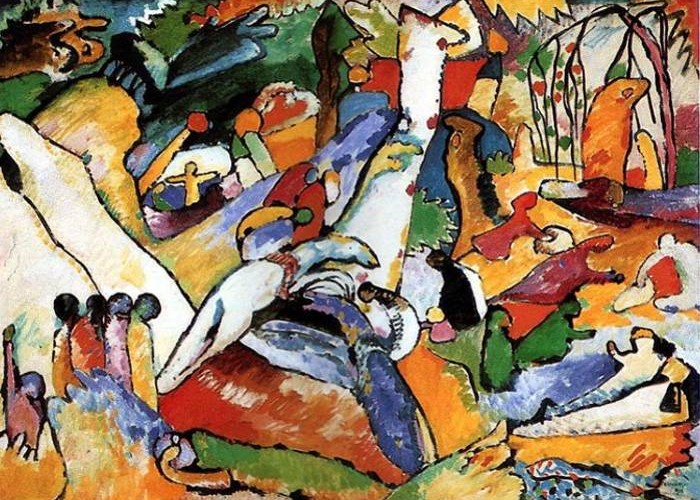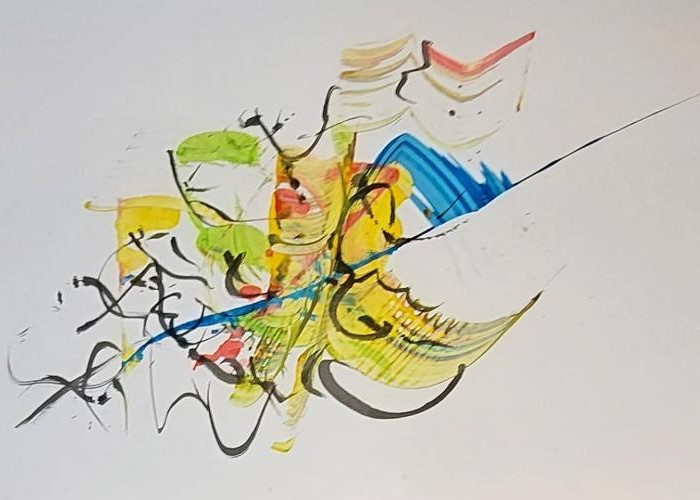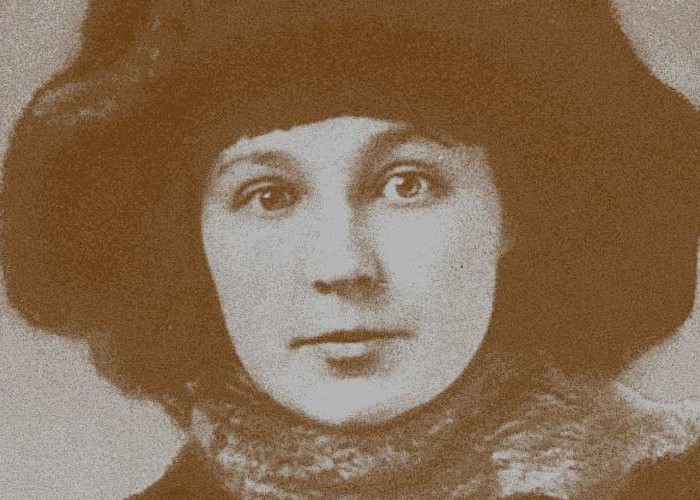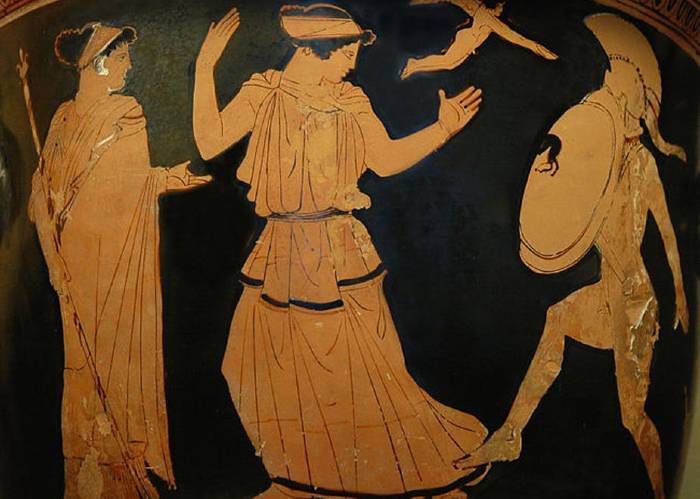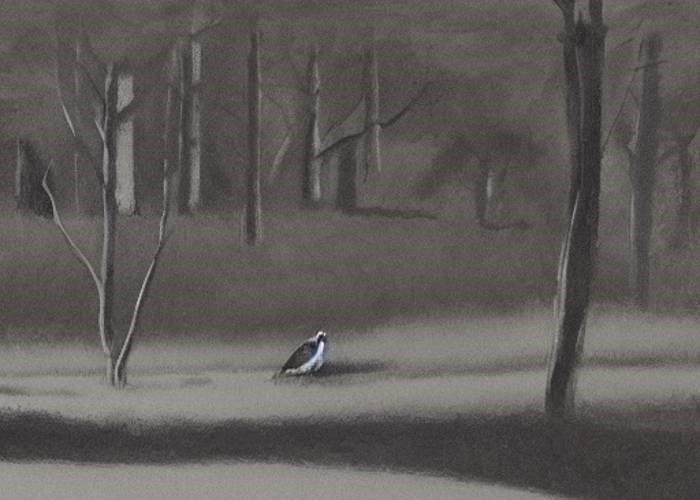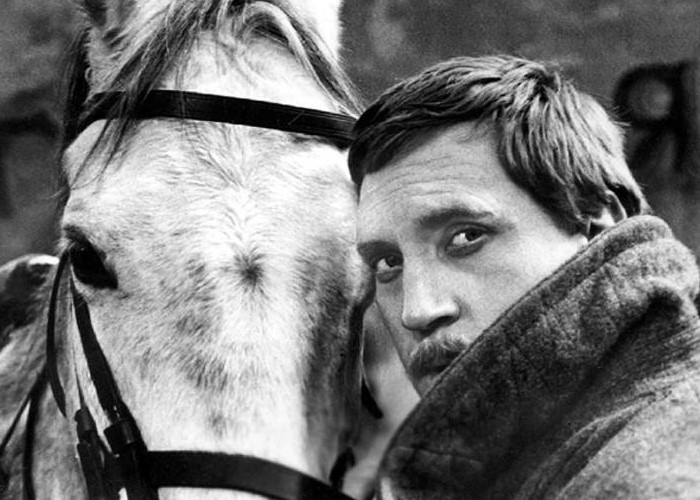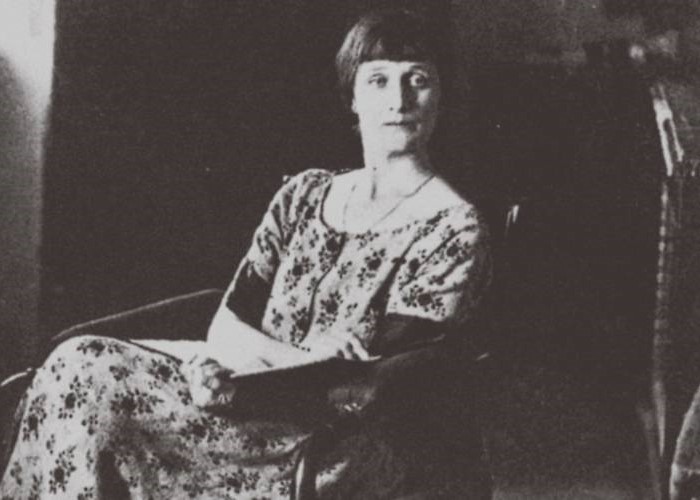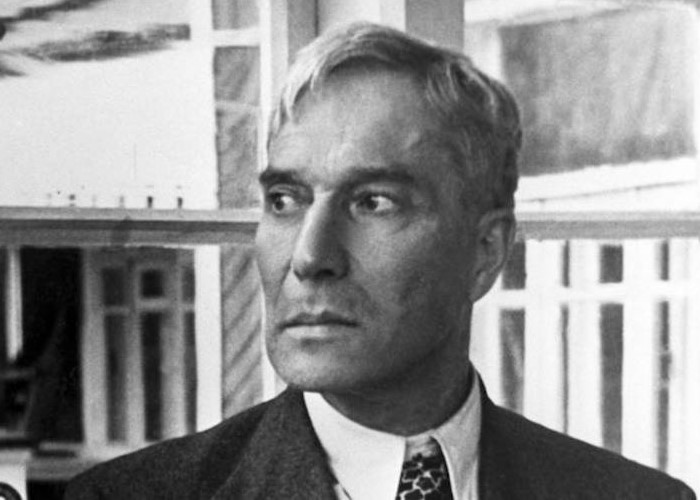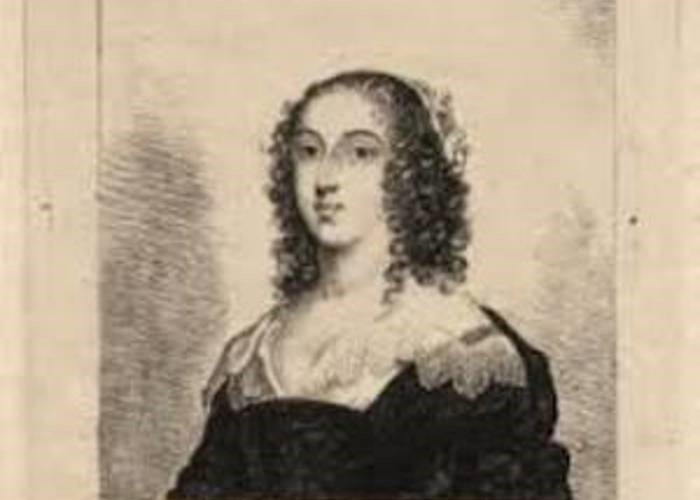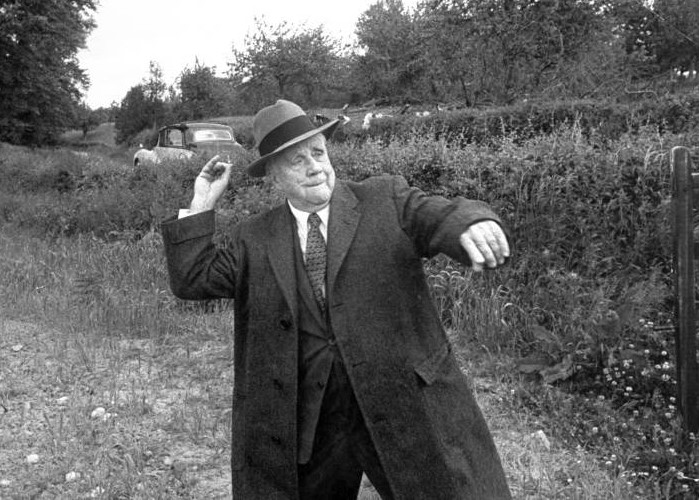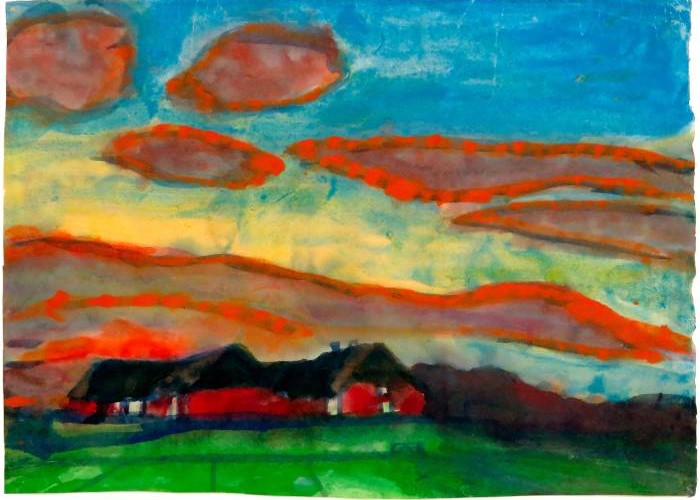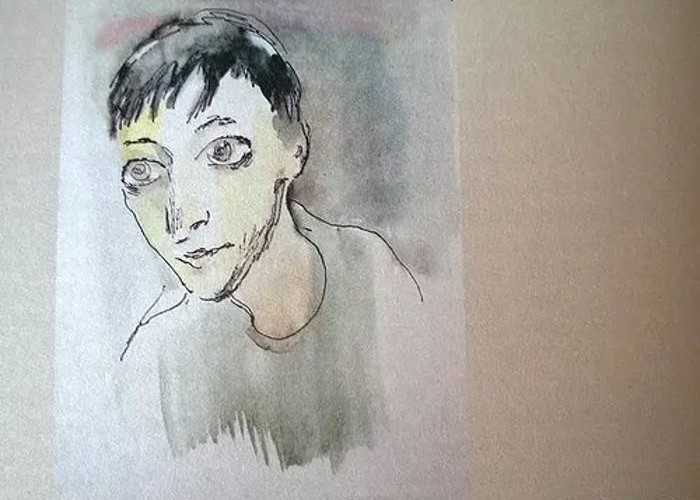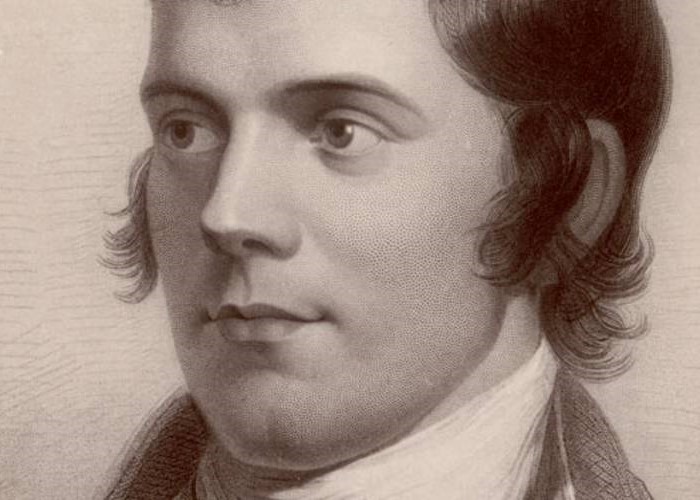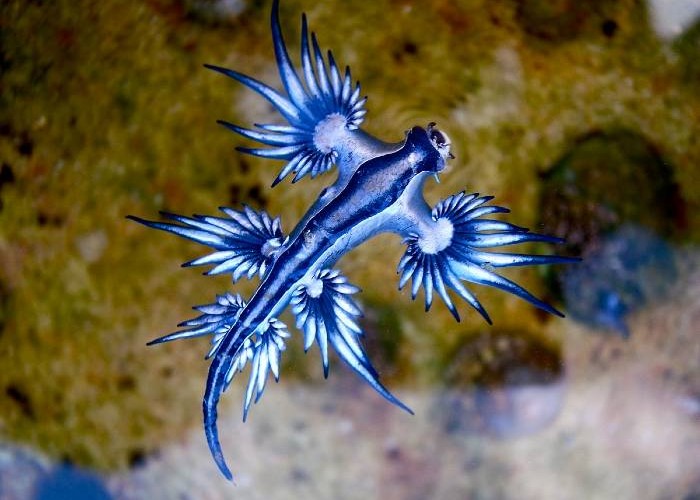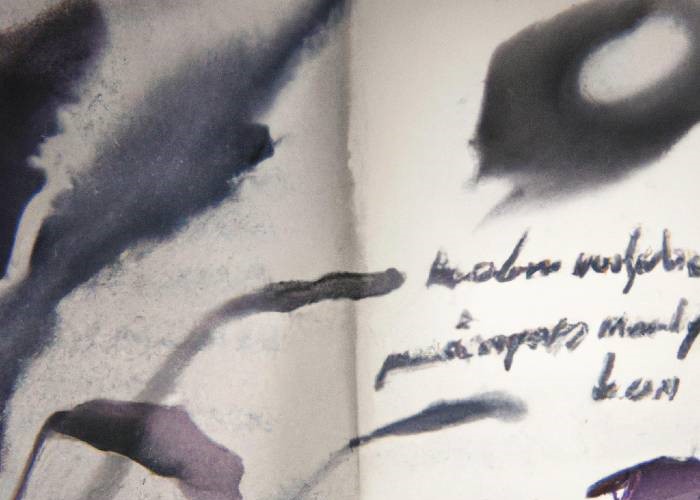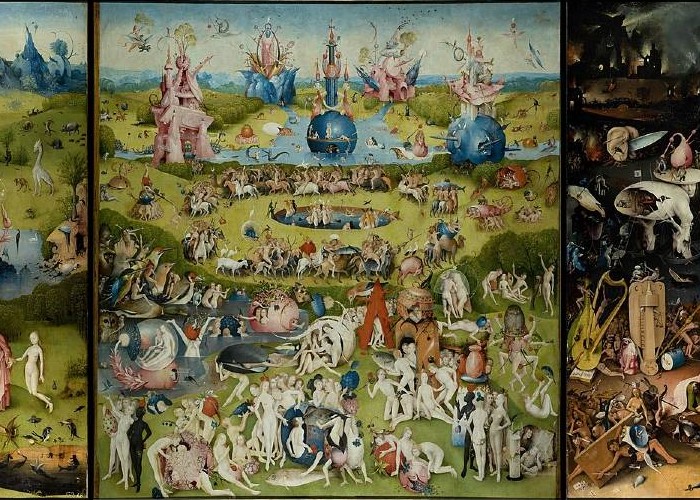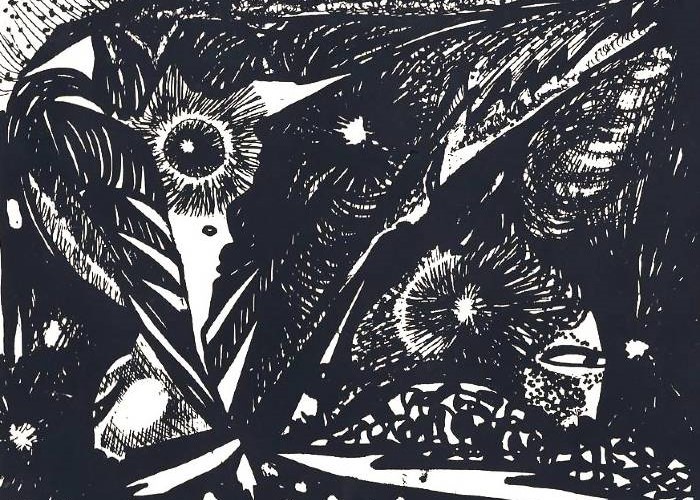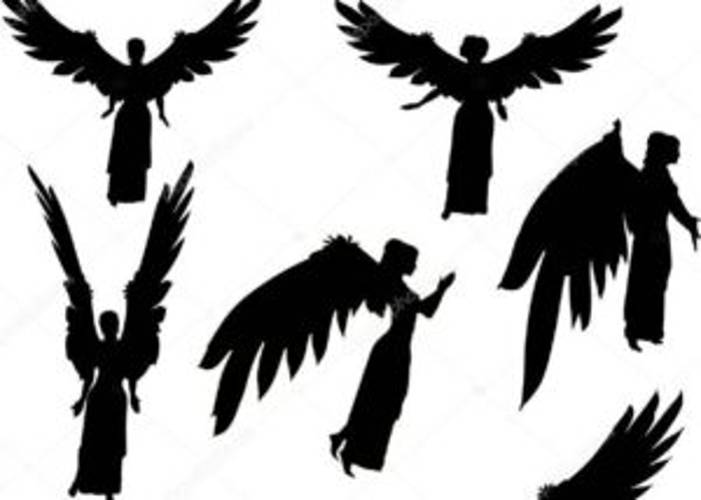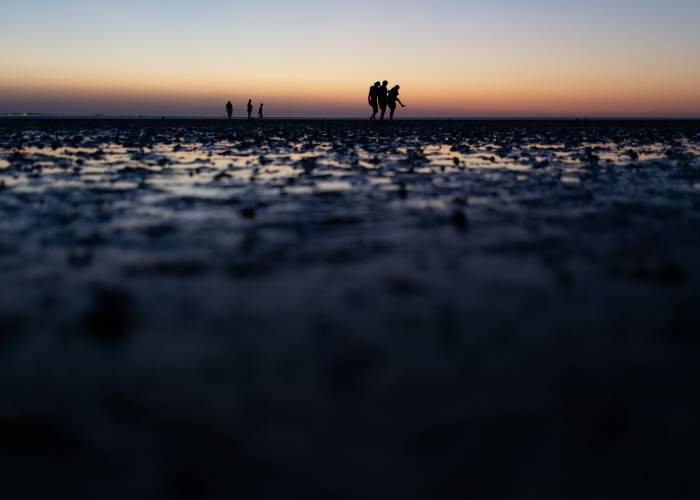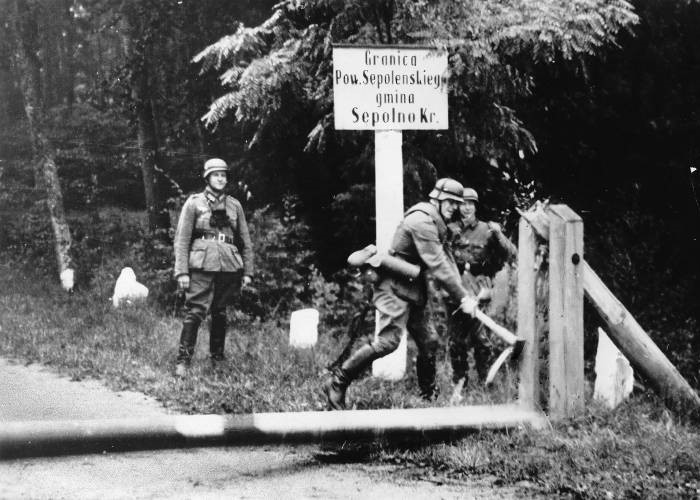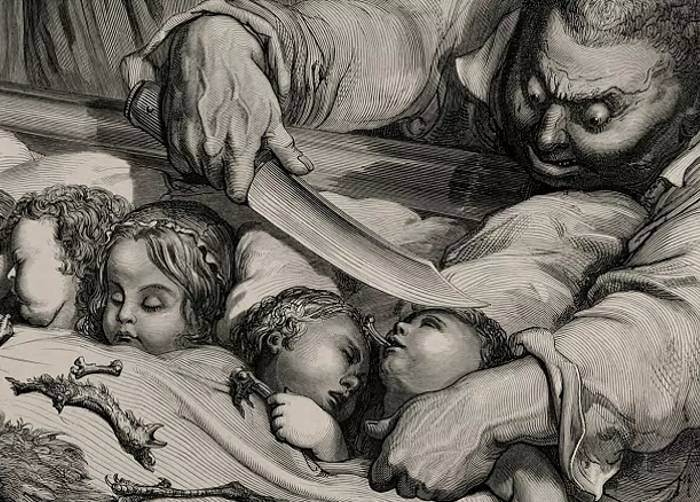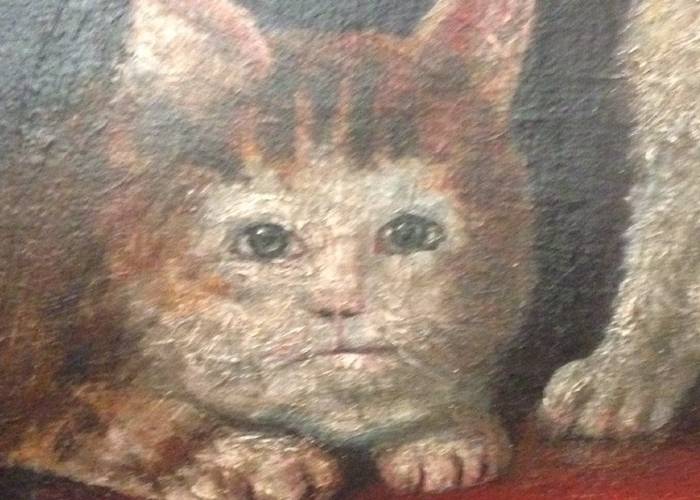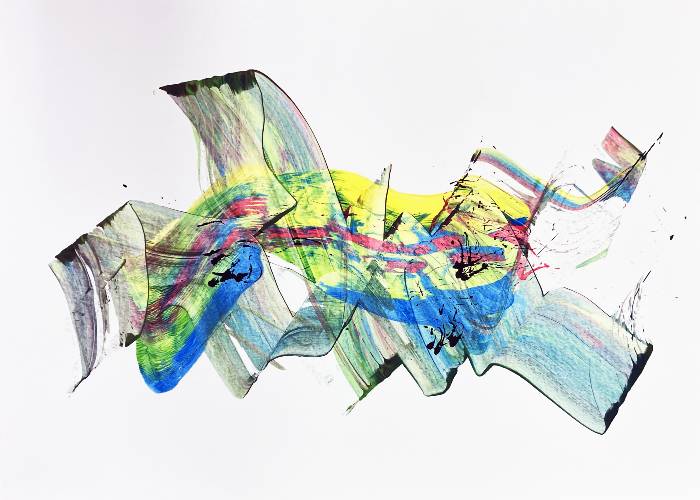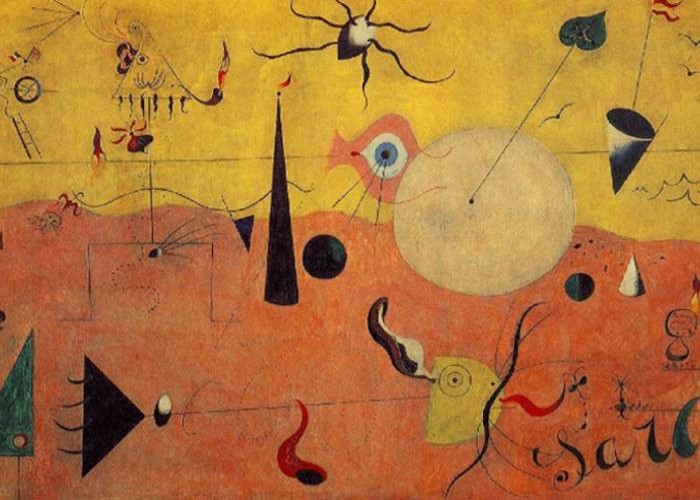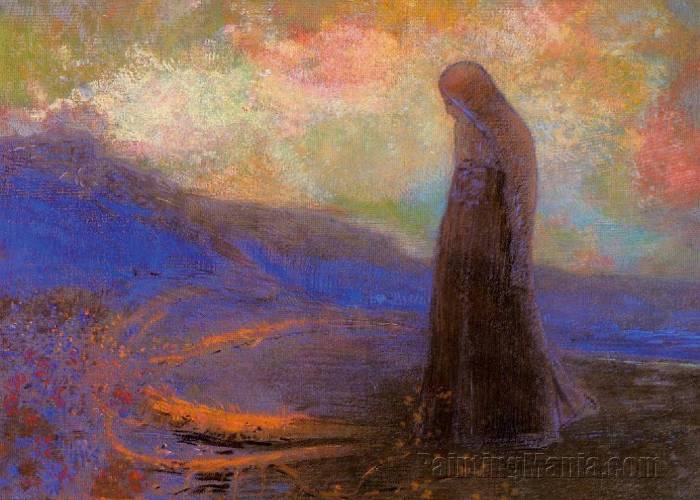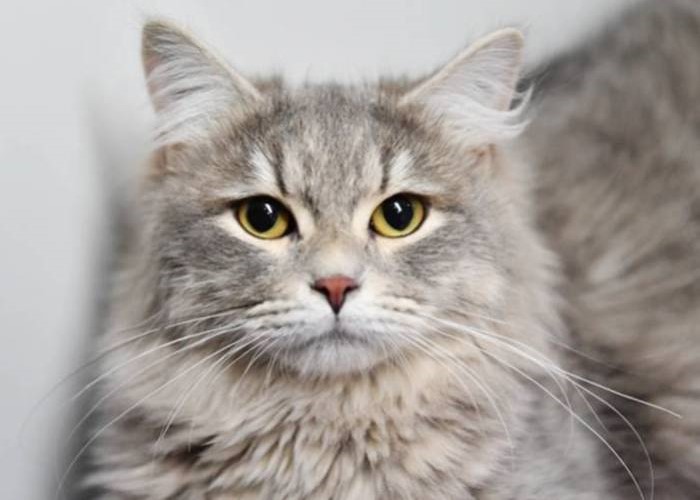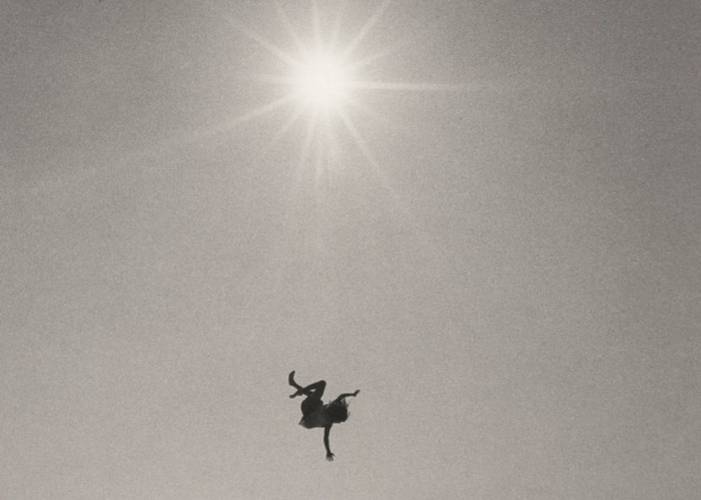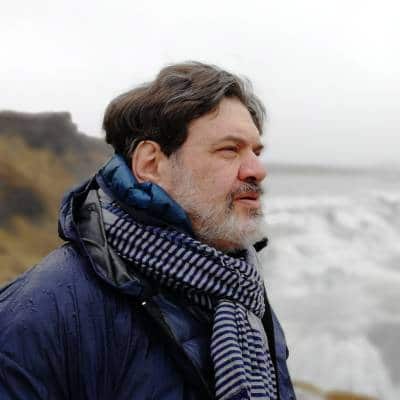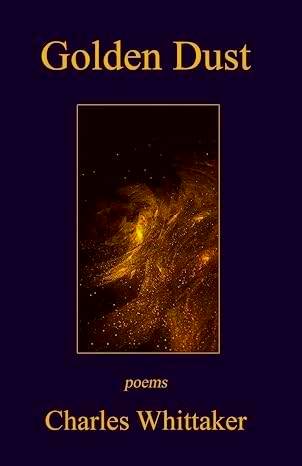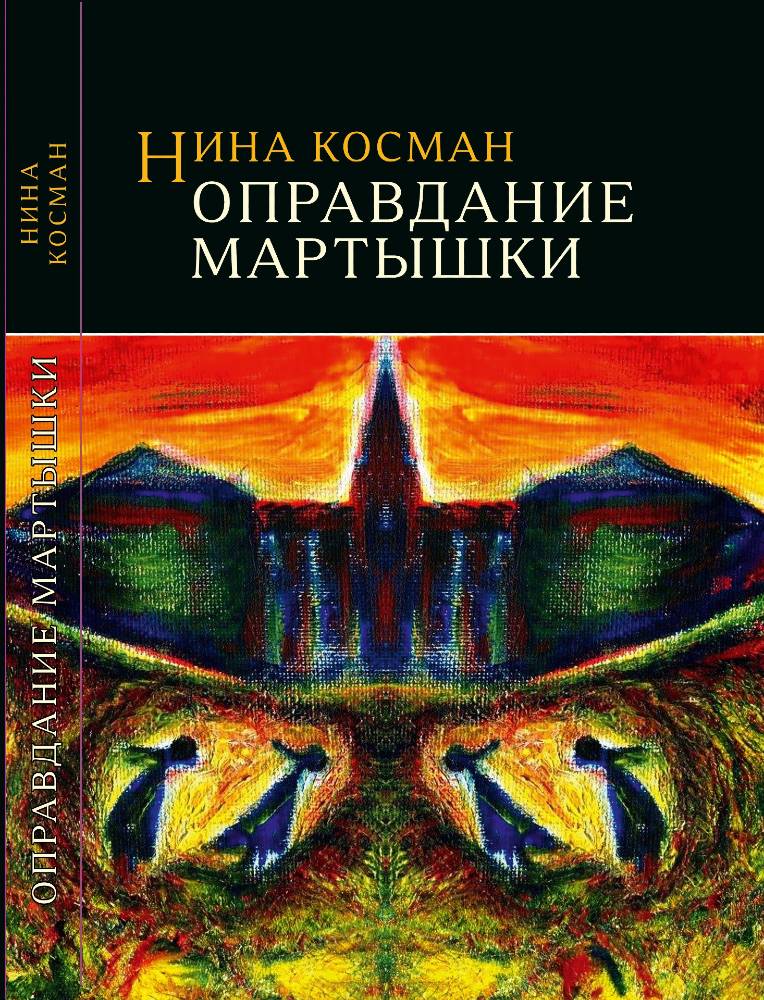THE END OF THE PIER
I walked to the end of the pier
and threw your name into the sea,
and when you flew back to me—
a silver fish—I devoured you,
cleaned you to the bone. I was through.
But then you came back again:
as sun on water. I reached for you,
skimmed my hands over the light of you.
And when the sky darkened,
again, I thought it was over, but then,
you became water. I closed my eyes
and lay on top of you, swallowed you,
let you swallow me too. And when
you carried my body back to shore—
as I trusted that you would do—
well, then, you became shore too,
and I knew, finally, I would never be through.
КОНЕЦ ПИРСА
Я подошла к концу пирса
и швырнула твое имя в море,
и когда ты снова прилетел ко мне –
серебристой рыбой – я жадно впилась в тебя зубами,
очистила от тебя твои же кости.
И с меня было достаточно.
Но потом ты снова вернулся:
солнечной дорожкой на воде. Я дотянулась до тебя,
скользила ладонями по твоему свету.
А когда небо потемнело,
Я опять решила, что все кончено.
Но ты стал водой. Я закрыла глаза
и легла на тебя, глотала тебя,
позволяла тебе глотать меня. И когда
ты отнес мое тело обратно к берегу –
а я ждала этого –
так вот – тогда ты стал берегом тоже,
и я поняла – с меня никогда не будет достаточно.
* * *
THE ORIGIN OF BIRDS
For hours, the flowers were enough.
Before the flowers, Adam had been enough.
Before Adam, just being a rib was enough.
Just being inside Adam’s body, near his heart, enough.
Enough to be so near his heart, enough
to feel that sweet steady rhythm, enough
to be a part of something bigger was enough.
And before the rib, being clay was enough.
And before clay, just being earth was enough.
And before earth, being nothing was enough.
But then enough was no longer enough.
The flowers bowed their heads, as if to say, enough,
and so Eve, surrounded by peonies, and alone enough,
wished very hard for something, and the wish was enough
to make the pinecone grow wings; the wish was enough
to point to the sky, say bird, and wait for something to sing.
ПРОИСХОЖДЕНИЕ ПТИЦ
В течение многих часов цветов было достаточно.
Еще до цветов Адама было достаточно.
Еще до Адама быть ребром было достаточно.
Только бы – внутри его тела, возле сердца – достаточно.
Достаточно быть так близко к его сердцу, достаточно
чувствовать нежный постоянный ритм, достаточно
быть частью чего-то большего. Этого было достаточно.
Еще до ребра быть глиной было достаточно.
А еще до глины быть землей было достаточно.
А еще до земли быть ничем было достаточно.
Но потом достаточно больше не было достаточно.
Цветы склонили головы, словно говоря – достаточно,
и у Евы, окруженной пионами и достаточно
одинокой возникло непреодолимое желание чего-то неизведанного. Достаточно
было этого желания чтобы и у шишки выросли крылья. Достаточно
было этого желания, чтобы указать на небо, сказать
птица
и ждать песни
Translated into Russian by Pavel Krichevsky
The End of the Pier: Copyright © 2016 by Nicole Callihan. Originally published in Poem-a-Day on June 16, 2016, by the Academy of American Poets. Reprinted with permission of the author.
The Origin of Birds: Copyright © 2016 by Nicole Callihan. “The Origin of Birds” was originally published in Rise Up Review. Reprinted with permission of the author.
